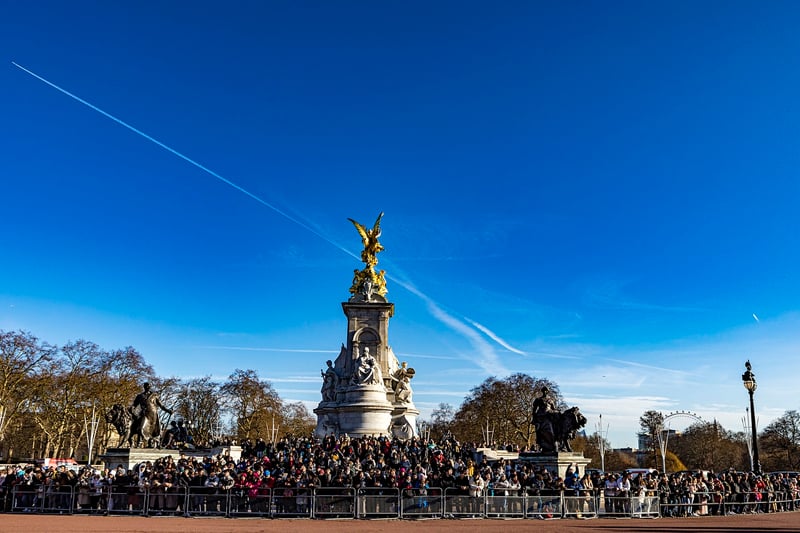Changing History
Navigating the Time Stream and Changing History
Time travel has always been a fascinating concept that has captured the imagination of many. The idea of being able to navigate the time stream and potentially alter historical events is both thrilling and thought-provoking. While time travel remains a theoretical concept, it is interesting to explore the possibilities and implications of changing history.
The Time Stream
The time stream is often depicted as a flowing river of time, with past, present, and future events all existing simultaneously. Navigating this stream would involve the ability to move backward or forward in time, essentially allowing individuals to visit different points in history or explore potential future outcomes.

Changing History
One of the most intriguing aspects of time travel is the idea of changing history. The concept of altering past events and potentially creating alternate timelines raises questions about the consequences of such actions. Would changing a single event have a ripple effect on the course of history? Or would history find a way to course-correct itself?
While the idea of changing history may seem exciting, it also brings up ethical dilemmas. Should we interfere with the past to correct mistakes or prevent tragedies? Or is it better to let history unfold as it did, accepting both the triumphs and tragedies that have shaped our world?

Conclusion
As we ponder the possibilities of navigating the time stream and changing history, it's essential to remember that time travel, as we know it from science fiction, remains a work of imagination. While the concept sparks curiosity and contemplation, the reality of altering historical events is a complex and uncertain endeavor.
Whether we are traveling to the past or the future in our minds, exploring the what-ifs and maybes of history can offer valuable insights into the impact of our actions and decisions on the course of time.
